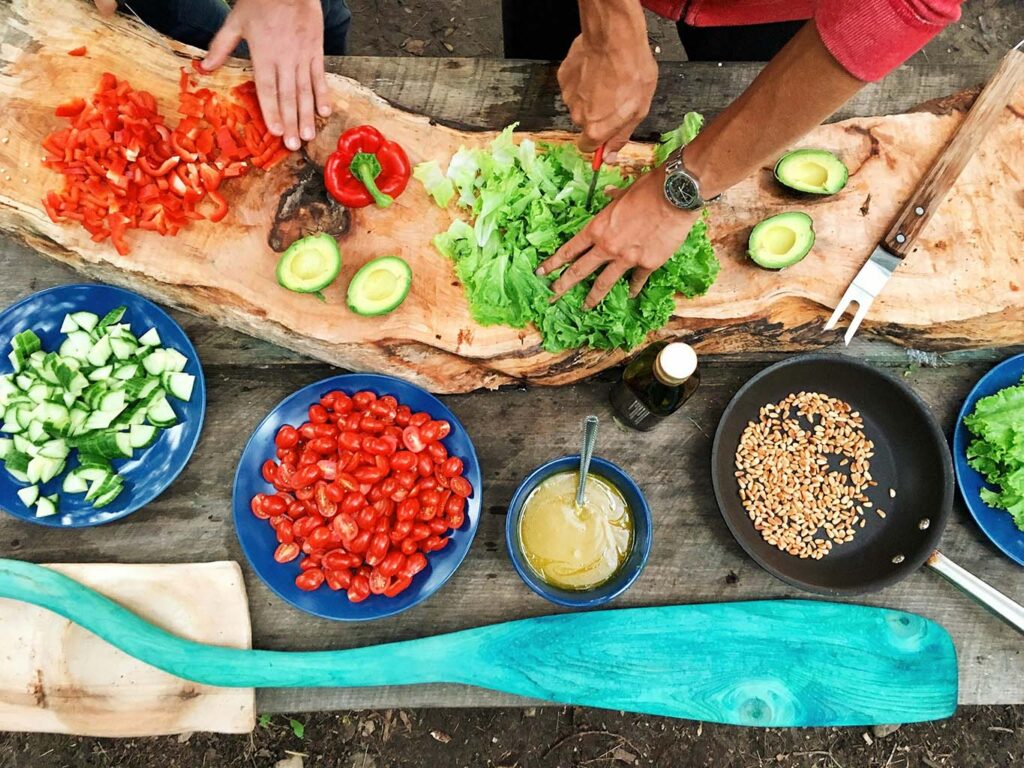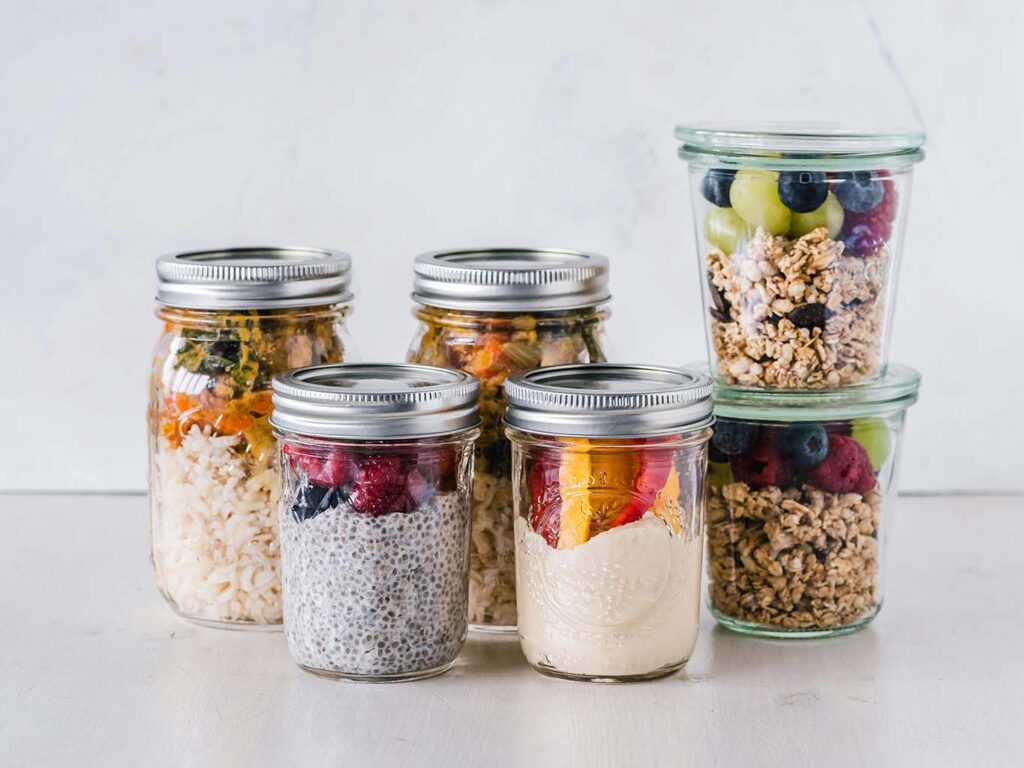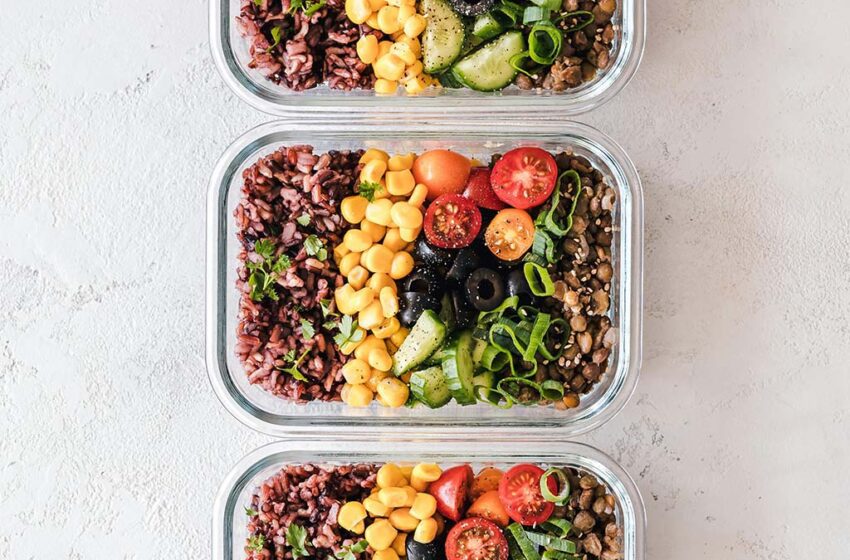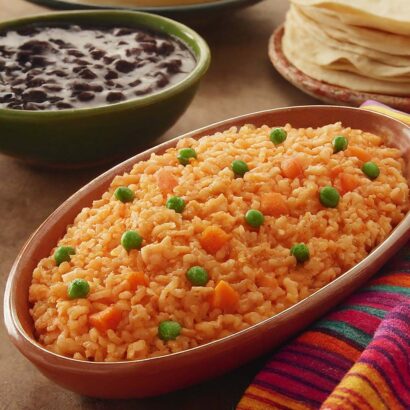Meal prepping and make-ahead meals have become increasingly popular, particularly among busy professionals, health enthusiasts, and families. These practices not only promise to save time and money but also encourage healthier eating habits. If you’ve ever considered diving into the world of meal prep, this guide will walk you through the benefits, drawbacks, cost considerations, and time-saving strategies to help you make an informed decision.
The Pros of Meal Prepping
1. Time Efficiency
One of the most compelling reasons to embrace meal prepping is the significant time savings it offers.
Batch Cooking: Preparing multiple meals at once can drastically reduce the total time you spend in the kitchen throughout the week. Imagine dedicating a few hours on a Sunday to cook for the entire week. By doing so, you eliminate the need to cook daily, giving you more free time in the evenings.
Quick Access: Having meals ready to go means you can avoid the time-consuming process of meal preparation on busy mornings and after long workdays. This convenience is especially beneficial for those with demanding schedules.

2. Cost Savings
Meal prepping can lead to substantial cost savings over time.
Bulk Buying: Purchasing ingredients in bulk is typically cheaper than buying smaller quantities. By planning your meals ahead, you can buy exactly what you need in larger quantities, reducing the overall cost per meal.
Reduced Waste: When you plan and prep your meals, you can better utilize all your ingredients, which minimizes food waste. This not only saves money but also contributes to more sustainable living.
3. Healthier Eating
Meal prepping can have a positive impact on your diet and overall health.
Portion Control: Pre-portioned meals help manage calorie intake and prevent overeating. This can be particularly beneficial for those looking to maintain or lose weight.
Nutritional Balance: Planning your meals in advance allows you to ensure a balanced diet with appropriate nutrients. You can include a variety of food groups in your meals, which is often harder to achieve with last-minute cooking.
4. Stress Reduction
Meal prepping can significantly reduce daily stress.
Less Daily Decision-Making: With meals pre-planned and prepared, you eliminate the daily stress of deciding what to cook. This can free up mental space for other important decisions.
Emergency Ready: Having meals prepared means you’re always ready for unexpected guests or particularly busy days when cooking is not an option. It provides a safety net that can reduce anxiety around meal times.
The Cons of Meal Prepping
1. Initial Time Investment
The initial time commitment for meal prepping can be daunting.
Prep Time: Meal prepping can be time-consuming upfront, often requiring a few hours of dedicated time on a weekend or evening. This initial investment can be a barrier for those new to meal prepping.
Planning: Successful meal prep requires thoughtful planning and recipe selection. This can be time-consuming, particularly for beginners who are still learning which recipes work best for them.
2. Storage Issues
Proper storage is crucial for successful meal prepping.
Space: You need adequate refrigerator and freezer space to store prepped meals. Limited space can make it challenging to store a week’s worth of meals.
Packaging: Proper containers are essential to maintain freshness and prevent spoilage. Investing in quality containers can be an upfront cost, and ensuring you have enough can be logistically challenging.

3. Monotony
Eating the same meals repeatedly can become tiresome.
Repetition: Consuming the same meals throughout the week can become monotonous, leading to meal fatigue. This can diminish the enjoyment of eating and may discourage some from sticking with meal prepping.
Flexibility: Pre-planned meals might not leave room for spontaneous dining choices or cravings. This lack of flexibility can be a drawback for those who prefer variety or enjoy dining out occasionally.
4. Quality Concerns
Maintaining the quality of prepped meals can be challenging.
Freshness: Some meals may not retain their quality after a few days in the fridge. Ingredients like salads or certain vegetables may wilt or become soggy.
Reheating: Not all dishes reheat well, potentially affecting taste and texture. It’s important to choose recipes that maintain their quality after being reheated.
Cost Considerations
While meal prepping can lead to significant savings, there are initial costs to consider:
- Containers: Investing in quality containers that are microwave and dishwasher safe is crucial. Options like glass containers, BPA-free plastic, or stainless steel are popular choices. While the initial investment can be significant, these containers are reusable and will last a long time.
- Bulk Ingredients: The upfront cost of buying in bulk might be higher, but it’s cost-effective in the long run. Plan your meals around sales and seasonal produce to maximize savings.
Time-Saving Strategies
To make meal prepping more manageable, consider these time-saving strategies:
1. Simple Recipes
Start with straightforward recipes that require minimal ingredients and steps. This can help you ease into the habit without feeling overwhelmed. Over time, you can gradually incorporate more complex recipes as you become more comfortable with the process.
2. Multitasking
Utilize kitchen appliances like slow cookers, pressure cookers, and ovens to cook multiple dishes simultaneously. For example, while a casserole bakes in the oven, you can have a soup simmering in the slow cooker and vegetables roasting in the air fryer.
3. Prep in Stages
Break down the meal prep process into manageable stages, such as chopping vegetables one day and cooking proteins the next. This can make the process feel less overwhelming and more flexible with your schedule.
4. Freezer-Friendly Meals
Focus on meals that freeze well, like soups, stews, and casseroles, which can be made in large batches and stored for longer periods. These types of meals are perfect for ensuring you always have a healthy option on hand, even on the busiest days.
Additional Tips
- Labeling: Clearly label each container with the meal name and date of preparation to keep track of freshness. This helps prevent food waste and ensures you consume meals within their optimal quality period.
- Seasonal Ingredients: Use seasonal produce for cost savings and better flavor. Seasonal ingredients are often more affordable and offer peak taste and nutrition.
- Balance Variety and Consistency: Plan a mix of favorite go-to recipes and new dishes to keep things interesting. This balance can help prevent meal fatigue and keep you excited about your meals.
Conclusion
Meal prepping and make-ahead meals offer a multitude of benefits, from saving time and money to promoting healthier eating habits. While the initial effort can be substantial, the long-term gains in convenience and nutrition make it worthwhile. By carefully considering the pros and cons, cost factors, and time-saving strategies, you can tailor a meal prep plan that fits your lifestyle and dietary needs.
Embark on your meal prep journey today and enjoy the peace of mind that comes with knowing your meals are ready whenever you need them. Happy prepping!



